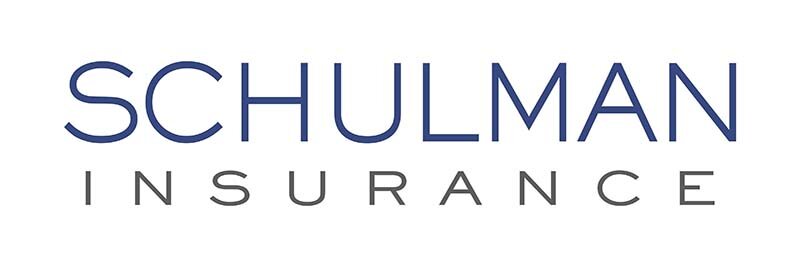Life Insurance Carriers Agree to Claim Reforms in DOL Settlements
Two recent settlement agreements between the Department of Labor (“DOL”) and group life insurance carriers highlight the potential liabilities for carriers and employers if life insurance claims are denied due to missing evidence of insurability (“EOI”) even though employee premiums were collected for the coverage.
Background
Many employers provide basic life insurance coverage to their employees at no cost. Basic life insurance is usually “guaranteed issue” up to a certain amount, which means the employee is covered without having to provide an EOI as proof of good health.
Employees can often purchase additional life insurance coverage for themselves and/or their dependents and pay for the coverage with payroll deductions. However, this supplemental coverage is generally conditioned upon the carrier receiving and approving an EOI submitted by the insured individual. Some employers assist with the administration of the supplemental coverage by collecting the employees’ EOIs and premiums for the insurer.
DOL Investigations
Regional offices of the DOL’s Employee Benefits Security Administration (“EBSA”) conducted investigations into the administration of life insurance plans covered by the Employee Retirement Income Security Act of 1974 (“ERISA”).
As a result, the DOL found that several life insurance carriers, including the Prudential Insurance Company of America (“Prudential”) and United of Omaha Life Insurance Company (“United”), had a pattern of denying supplemental coverage claims due to missing EOIs, despite having continually accepted employee premiums for the coverage. In many cases, the employers had assumed the duties of collecting the EOIs and premiums for the insurer. The premiums were forwarded, but the EOIs were never collected. Neither the employer nor the insurer informed the participants that the required EOIs were missing and that the failure to provide the information could result in denial of their claims. Unfortunately, the beneficiaries or the employee became aware of the deficiency only after the insured individual passed away and the life insurance claim was denied.
For example, according to the DOL, Prudential had denied more than 200 supplemental coverage claims due to missing EOIs from 2017 to 2020, despite having collected premiums for this supplemental coverage – in some cases back to at least 2004.
Although the DOL has not pursued actions against the participating employers, the agency believes that the insurer and the employers jointly have ERISA fiduciary responsibility for these arrangements. Specifically, the DOL determined that failing to properly administer a plan, including a failure to collect required documentation, confirm eligibility, or provide proper and timely notice to applicants of their eligibility, can result in a breach of fiduciary duty by both entities.
Settlement Agreements
Both Prudential and United entered into settlement agreements with the DOL earlier this year to resolve these issues without litigation.
The settlement agreements are similar, but not identical. Under the agreements, the carriers agreed to implement new procedures for handling supplemental coverage claims when EOIs are missing:
• Claims received within ninety (90) days of the first premium payment can be denied due to a missing EOI. The insurer must provide a denial notice indicating that the denial is due to the missing form and return all premiums to the employee or the beneficiary that it has received to date for the coverage.
• Claims received after ninety (90) days of the first premium payment will not be denied due to a missing EOI.
• If an enrolled employee or dependent is still alive, and the carrier discovers that the required EOI is missing, it can request the missing information if the inquiry is made within one year of the receipt of the first premium payment for supplemental coverage.
The carrier cannot request or make its coverage decision on any information other than the applicant’s health status as of the date the first premium payment for coverage was received. If eligibility for coverage is ultimately denied, the insurer must return all collected premiums to the employee.
Both carriers have advised the DOL that they are voluntarily reprocessing previously denied claims to provide benefits for claims denied based solely on a missing EOI; Prudential back to June 2019, and United back to February 2018.
Employer Action
Because employers could be liable for an ERISA breach of fiduciary duty if they assist in the administration of these supplemental life insurance coverages, employers should:
• Confirm the employee or dependent’s coverage status before submitting any premiums to the carrier. If the employer collects premiums from the employee before a determination is made, the employer should have a set time period (e.g., 60 days) from the date of the receipt of the first payment until confirmation of coverage with the insurer. If the insurer fails to comply with this timeline, the employer would then return the premiums to the employee with notice that the carrier failed to confirm coverage and encourage the employee to communicate with the carrier.
• Create a process to confirm with the carrier on a regular basis (e.g., quarterly) which employee coverages are in effect. This will help stop premium collection from employees whose coverage has lapsed, as well as provide an opportunity for the carrier to request required information from the employees, such as missing EOIs.
Employers that outsource their EOI administration should confirm their vendors’ processes in light of the DOL settlement agreements. As open enrollment season has begun, now is a good time to review existing practices
